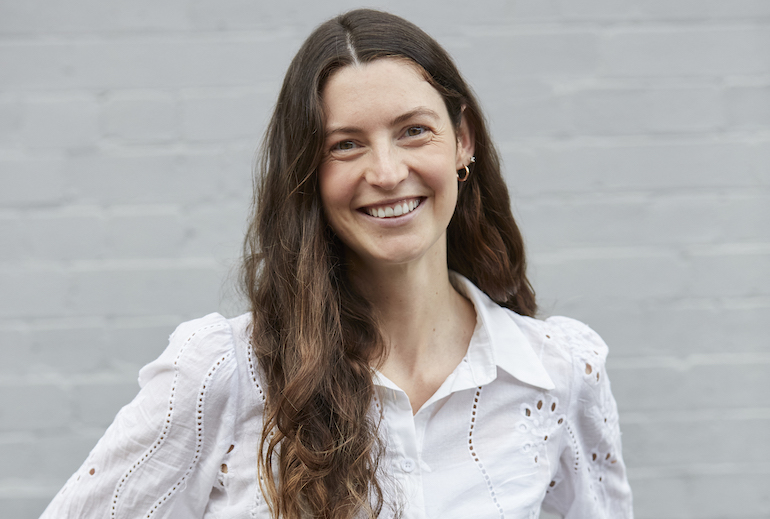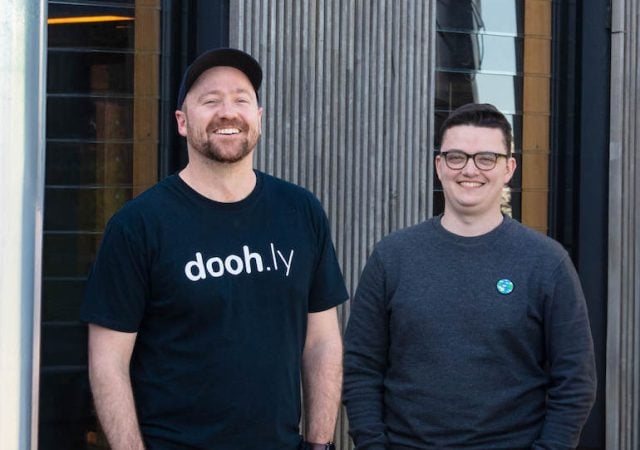For two years, online meeting fatigue has been a key concern as people spend a large part of their day on screen in meetings.
But now we’re heading back into the office, many workers are starting to remember that online is not the problem, it’s often simply the meetings themselves.
How do you make sure your meetings are efficient, effective and not excessive?
Startup Daily recently sat down serial entrepreneur and investor Carl Hartmann, co-founder of Temando, Compono and Lyre’s Non-Alcoholic Spirit Co; Ashley Perkins, Commercial Master Trainer at Microsoft Australia; and Laura Warden, Head of People & Culture at Sydney VC, Folklore Ventures, to explore how to get the best out of managing your teams, especially when it comes to dealing with the bane of every business: meetings.
To see this discussion in action, watch Startup Daily’s free Empowering Possibilities: The Secrets of Successful Teams webinar, presented in partnership with Windows 11 Pro Powered by the Intel VPro® platform. Here are some highlights:
The new starter test
Warden has one of the most novel and innovative approaches, enlisting fresh eyes to see if what they’re doing in meetings is truly worthwhile. When someone starts at Folklore, they’re thrown into all the meetings and then expected to say what they think about them. The result can bring about dramatic change.
“In our onboarding program for new starters [we ask them] to provide feedback to their managers on every meeting that they attend to make sure that they are getting value and able to add value in every meeting that they attend,” she said.
“We can relook at whether meetings are necessary for those individuals as we grow.”
And what if it’s a thumbs down?
“There are times when we have changed or removed meetings based off that feedback,” Warden said.
Her advice is to review the meetings you have regularly and get advice from everyone involved about how to make your meetings better – including whether you need them at all – in this new hybrid work model.
“I think it is going to be an ever-evolving process reevaluating how we work in this changing environment,” she
“Just keeping that top of mind when looking to collaborate, and getting the team’s feedback, is so valuable.”
Kill the camera
Ashley Perkins spends most his day online, working remotely with Microsoft customers, and knows it can be tough to be “always on”.
You’ve probably seen those viral clips of people who take their laptop to the bathroom for oversharing no one wants to see, but the idea that you’re constantly being watched by someone in the time while on camera can make some participants anxious.

You don’t have to be always on. Photo: AdobeStock
Perkins advises you to “mix things up”.
“If you’re in back-to-back meetings, it’s a long time to be on camera and feeling like you’re live all the time… you don’t feel as comfortable to just relax,” Perkins said.
“You can create a lot of stress and anxiety from having someone have their cameras turned on the entire time.”
His solution is simple: when they’re not actively participating in the debate and discussion, give people permission to turn off the camera.
“You can make those participating feel more comfortable by allowing them to engage in the way that they prefer, or, or by not having pressure on to have to have your camera on all of the time,” Perkins said.
Tackling the global office
For Carl Hartman, running a global business comes with its own challenges.
The most important lesson for anyone in a similar situation is to make sure they still have personal time blocked out.

Carl Hartmann
“If you need to find a time that fits say the American time zone, APAC and Europe, you act actually only get a couple of those windows per day. And someone always gets the short straw,” he said.
“Unfortunately there’s not much that technology can do to solve that – we can’t create more hours in the day – but try to think of those core overlap collaboration hours.”
But that can mean early mornings or evenings for Australians, which can interfere with getting a family out the door to start the day, or the chance to catch up over dinner. Hartman believes in sharing your calendar and times with your team and staking a claim on when you’re not available.
“Beyond the scheduling thing is also thinking about getting people to block out their own time. The mistake people make is not actually putting into their diary for things that are personal commitments,” he said.
“That can be like taking a walk for mental health, doing some exercise, family duties. You might want to say that ‘Hey, these hours when I have dinner with my family. Hard commitments, including sleep – as in: “These are my non-collaboration hours, coz I plan to be asleep, right?’.
“You need to sometimes just carve that out for people and say what isn’t as acceptable and what you start to get is calendars that can overlay.
“It actually allows that scheduling to be a little bit easier when you’ve got that view of when people aren’t or aren’t available.”
Here’s Folklore’s Laura Warden with her advice on keeping your meetings relevant from our recent chat.
Register and watch the full Empowering Possibilities webinar below:




















Trending
Daily startup news and insights, delivered to your inbox.